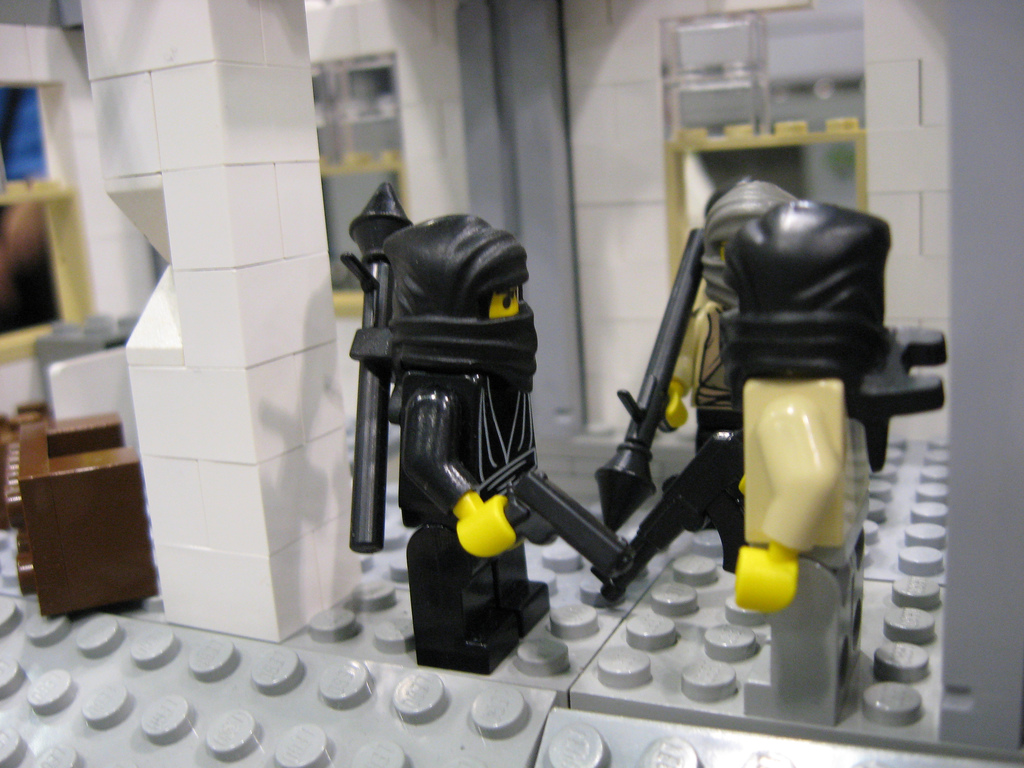In the wake of the recent terrorist attacks on French satirical magazine Charlie Hebdo, a number of European Union ministers have called for a new online tool that would enable “swift reporting of material that aims to incite hatred and terror and the condition of its removing, where appropriate/possible.”
How exactly would this reporting take place? European officials don’t explain in their three-page Sunday statement, but one of the signatories was Gilles de Kerchove, the EU's Counter-Terrorism Coordinator.
The Belgian official endorsed a 2013 quixotic EU-funded plan called CleanIT, which spent €400,000 ($473,000) to hold a bunch of meetings and produce a final report without creating anything concrete. And while CleanIT is not mentioned by name in the new statement, the reporting description sounds very much like it.
As described on its own website (which hasn’t been updated in nearly two years), the CleanIT project wanted to develop a flagging system for “terrorist” content. It wouldn't be mandatory, but Internet providers would be encouraged to take down or block the flagged material. The aim was to create “a non-legislative 'framework' that consists of general principles and best practices… to counter the illegal use of Internet.”




 Loading comments...
Loading comments...
